Climate change is proceeding faster at the poles than any other region, with sea-ice retreating, glaciers melting and biotic communities being invaded by sub-polar species. These changes are affecting how nutrients that support marine life are supplied and processed in these environments. There is a clear urgency to understand the full ecosystem level implications of these changes not only for the polar regions themselves but for the wider Earth system with which it is intimately connected.
Project BIOPOLE will quantify the dependence of the Earth system, and humanity, on the natural supply and global redistribution of polar nutrients. The project will link many of the major environmental research institutes in the UK, who will work with national and international partners to research nutrient supply and ecosystem processes at both poles.
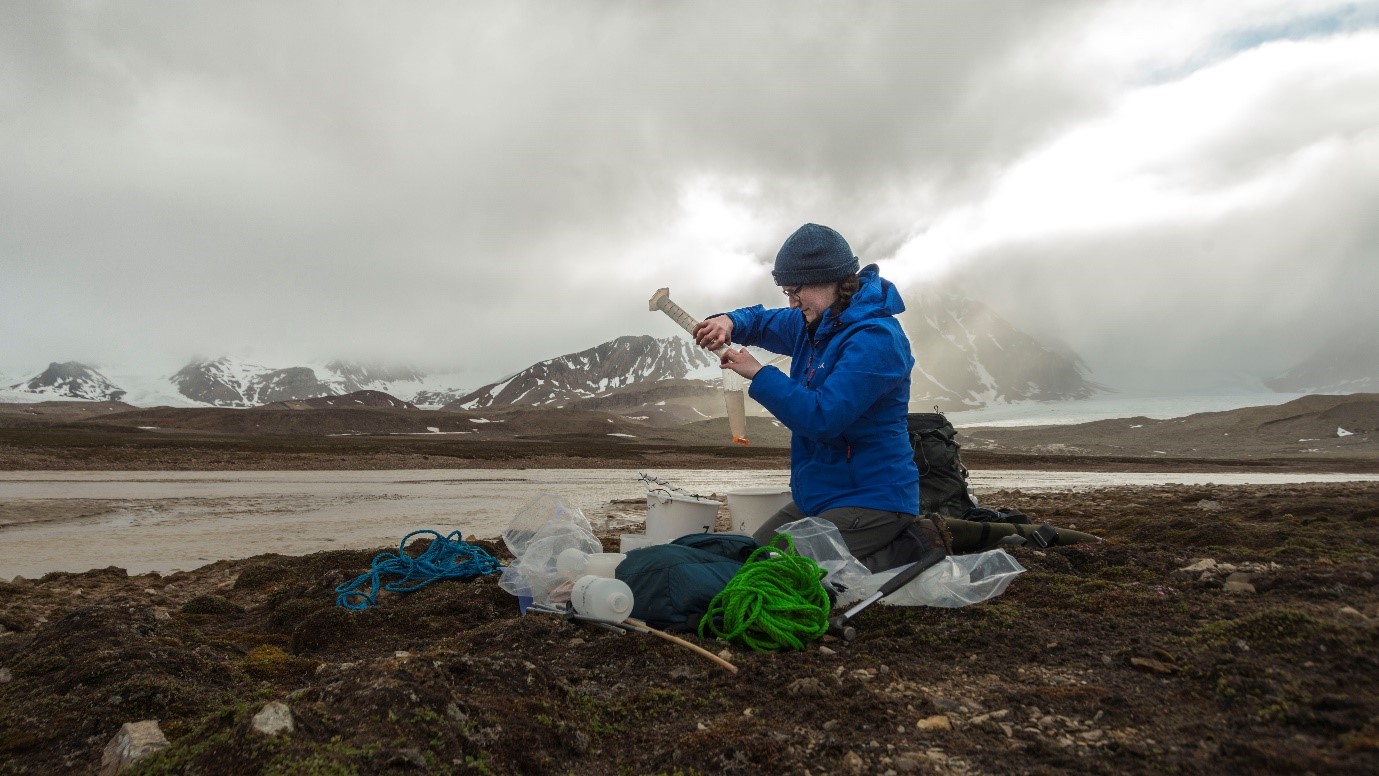
Nutrients, such as nitrogen (N) and phosphorus (P), are not evenly distributed across the global ocean but are in excess in the polar regions from where they are exported to lower latitudes by ocean circulation. Living matter is produced through combining N, P and carbon (C) (and other minor elements) in a ratio that is more or less the same across the global ocean. This ratio principally reflects the availability of these elements in the environment. However, the ratios found in the polar regions are substantially different. This is because, firstly, nutrients are supplied to the polar oceans in large quantities from a number of sources (glaciers, sea-ice, water-mass transport and rivers), and secondly, many of the ways these nutrients are processed by polar ocean ecosystems (through primary production, consumption, behaviour and decay) are relatively unique. This generates a nutrient surplus that drives much of the productivity of other oceans.
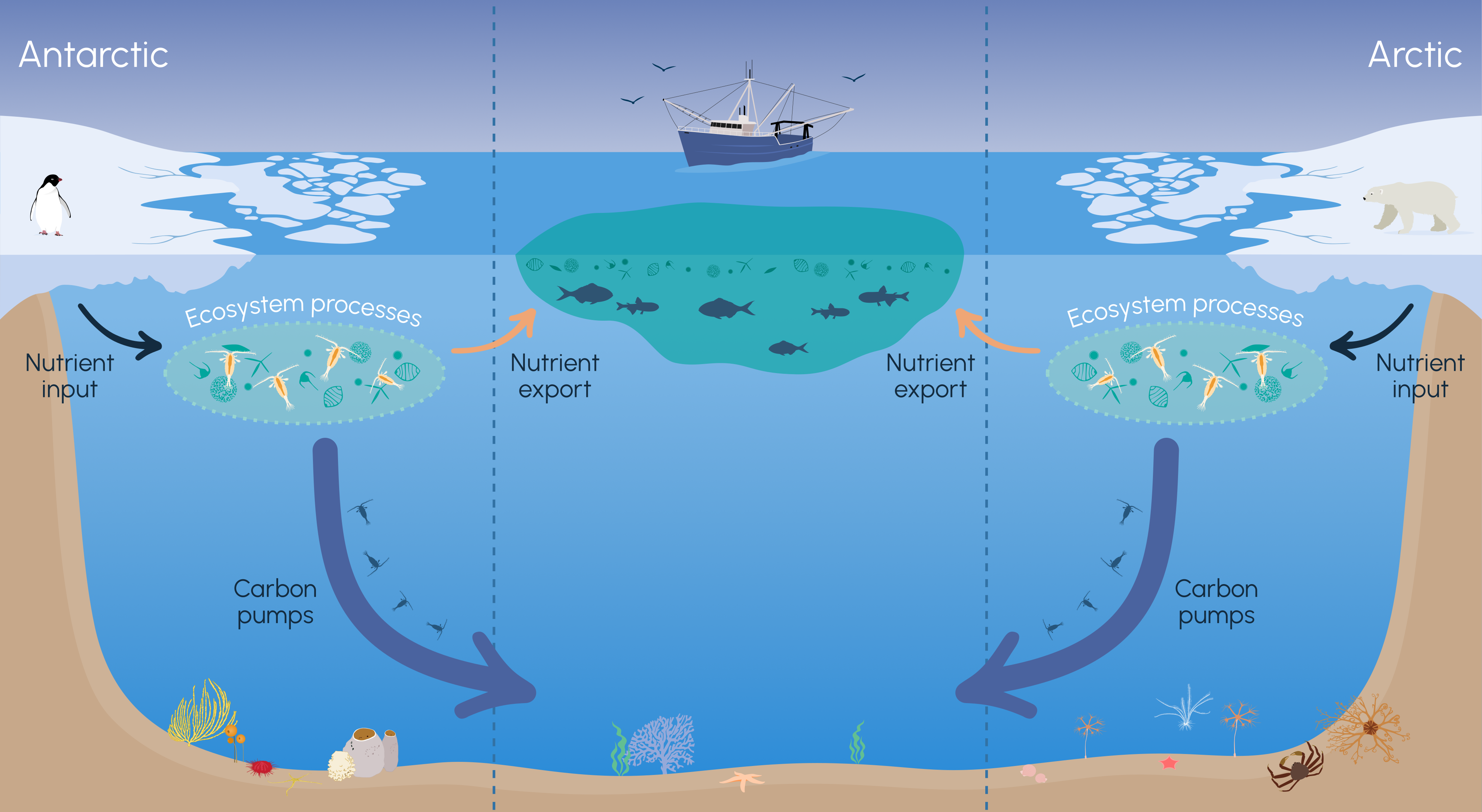
The pressing issue is that rapid climatic change at the poles is potentially changing the supply of nutrients and the processing capacity of its ecosystems. This threatens not only the marine food stocks on which humanity depends but biological drawdown of C into the oceans that helps regulate atmospheric CO2. Our ability to fully characterise and predict this threat is limited by inadequate representation of polar biogeochemical and ecosystem processes in Earth System Models (ESMs).
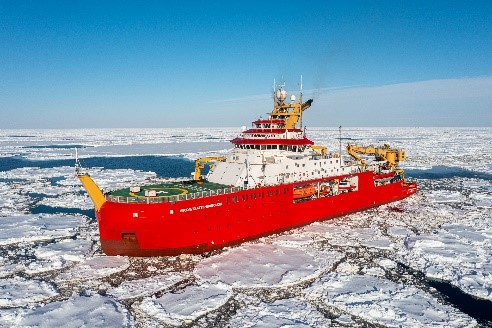
Photo: Jamie Anderson, British Antarctic Survey
BIOPOLE will combine data collection, novel analyses and computer simulations to radically improve our ability to measure, understand and predict how nutrient supply and ecosystem processing in the polar regions will be affected by climate change. BIOPOLE will further identify and quantify the wider global impacts on ocean productivity. Data collection will be carried out at both poles in order to address the full Earth system perspective of this problem. It will involve expeditions on land and sea in order to trace the nutrients from their sources and determine their relative prevalence in the open ocean environment. It will use the latest experimental and observational techniques to study elemental processing by the unique polar biotic communities. It will include the use of novel autonomous technologies and unmanned vehicles to collect data over much longer periods and much greater areas than can be achieved by ships alone.
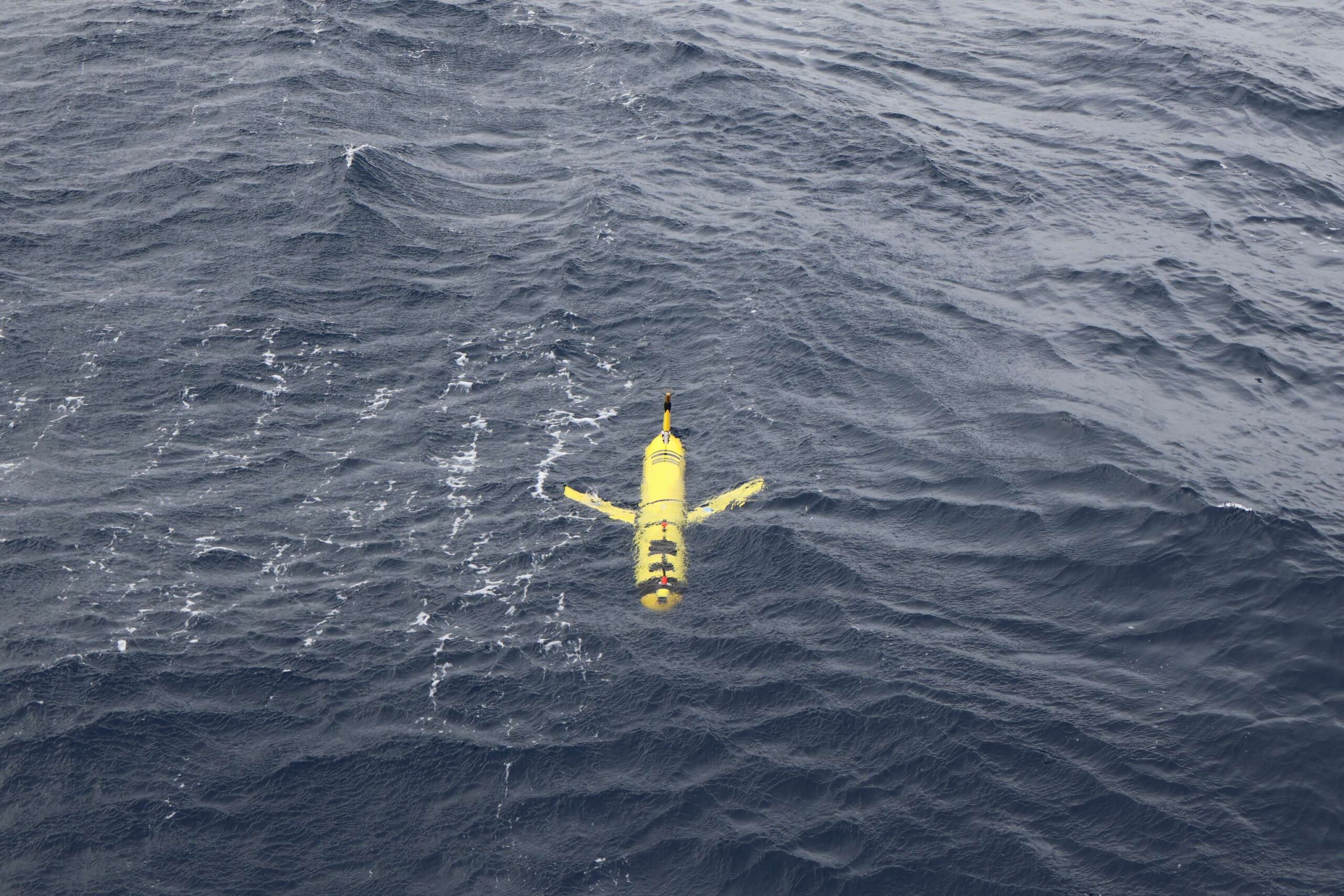
Informed by the new understanding generated by these observational campaigns, BIOPOLE will propose and integrate improvements to ESMs. These improvements will be used alongside other modelling approaches to better quantify the role that that polar oceans play in global oceanic primary productivity and fish biomass, from which future trends will be better predicted.
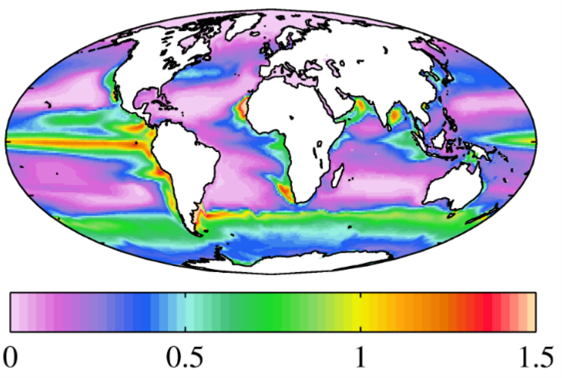
Direct outputs from the ocean resulting from ocean productivity have been valued at $6.9trn, while that of the capacity of the oceans to absorb C is $4.3trn. The uncertainty in how climate change will impact these roles is large and needs further scientific and economic evaluation. BIOPOLE will help to address this pressing challenge for both science and society.
